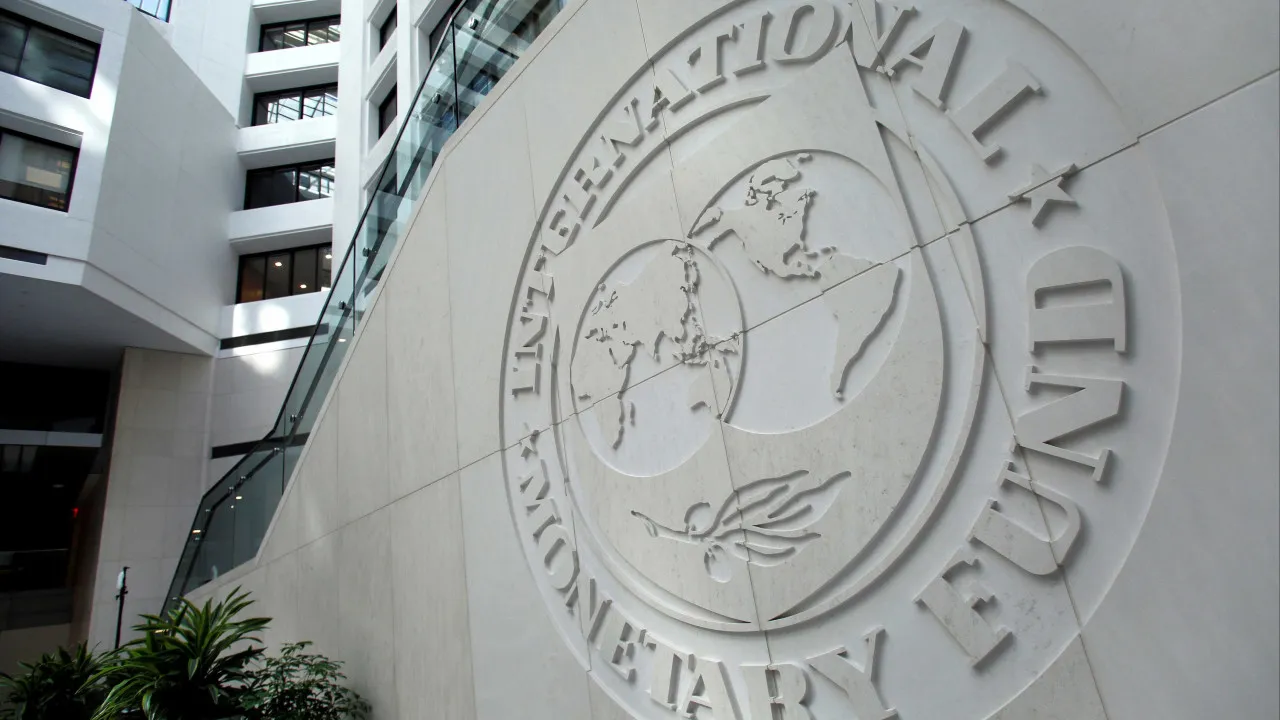
According to preliminary findings from IMF experts sent to Brazil, despite an upward revision of local economic projections compared to those published last April, a “moderation” in GDP growth is anticipated.
“The Brazilian economy has shown strong growth over the past three years, exceeding expectations. The team anticipates a moderation in growth from 3.4% in 2024 to 2.3% in 2025 due to restrictive monetary and financial conditions, reduced fiscal support, and increased global political uncertainty,” they highlighted.
“In the medium term, growth [in Brazil] is expected to recover to 2.5%, supported by the normalization of monetary policy and favorable structural factors, notably the implementation of VAT reform aimed at increasing efficiency and the acceleration of hydrocarbon production,” the report stated.
IMF technicians assessed that additional structural reforms and investments in an energy transition plan could enhance Brazil’s medium-term growth prospects, though they emphasized that growth risks presently lean to the downside due to high global political uncertainty.
According to the IMF team, inflation in Brazil is projected to reach 5.2% by the end of 2025, before gradually converging to the target of 3% by the end of 2027.
The document noted that short- and medium-term inflation expectations above Brazil’s official 3% target, along with a growing positive output gap, justified the Brazilian Central Bank’s decision to hike basic interest rates to 14.75% per annum.
The IMF acknowledged local efforts to improve the country’s fiscal position but advocated for more sustained and ambitious plans to firmly set Brazil’s public debt on a downward trajectory.
“The gradual elimination of burdensome and inefficient tax expenditures, enhancing revenue administration, and addressing budget rigidity would create space for priority investments, support public debt sustainability, and facilitate a lower interest rate path,” the IMF concluded.




